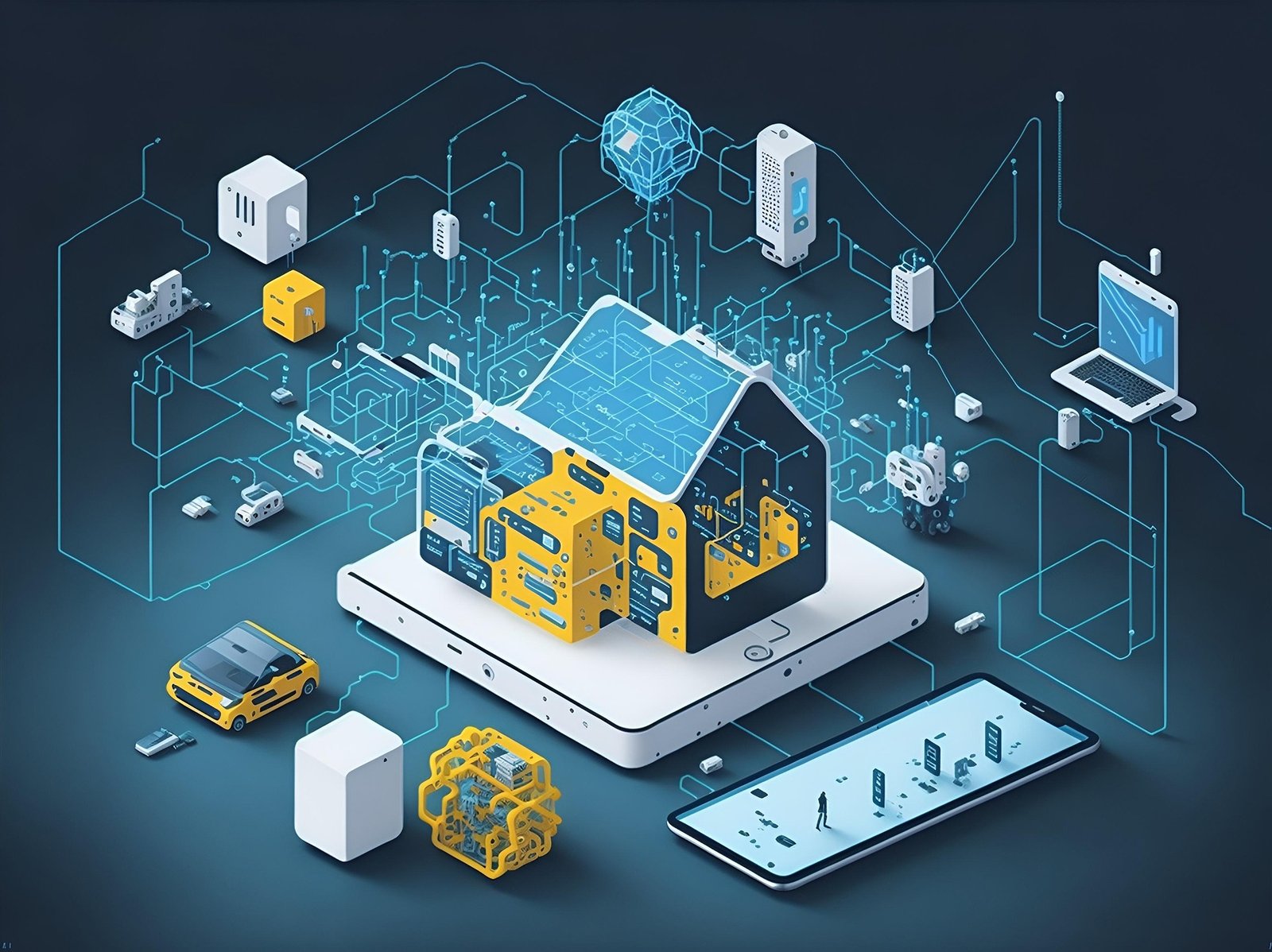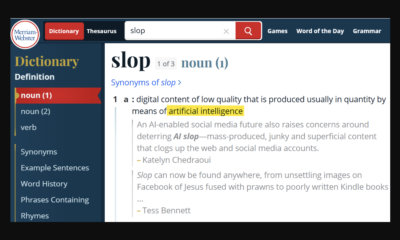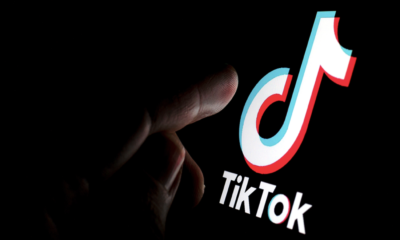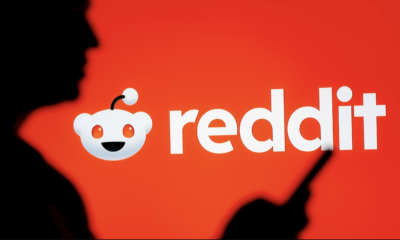Artificial Intelligence
Download All of Netflix in Just One Second? Japan’s 1-Petabit Internet Breaks Global Speed Record
In a technological leap that sounds like science fiction, researchers in Japan have shattered internet speed records with a data transfer rate so fast it could download the entire Netflix library in just one second. The innovation, which uses a new type of 19-core optical fibre cable, achieved 1.02 petabits per second over a staggering 1,800 kilometres, marking a major breakthrough in high-speed data transmission.
That’s right—Netflix’s estimated 123 terabytes of content (based on 18,000 titles at 7GB each) could, in theory, be transferred faster than you could finish reading this sentence.
How Fast Is a Petabit Anyway?
To put things in perspective, 1 petabit equals 125 terabytes. That’s 125,000 gigabytes per second, dwarfing anything currently available for consumer or enterprise use. Today’s fastest home internet speeds top out at around 50GB per second—just 0.04% of what this experimental line accomplished.
Led by Japan’s National Institute of Information and Communications Technology (NICT), the team built a special fiber optic cable containing 19 individual data channels. While previous attempts pushed faster speeds (up to 1.7 petabits/s), they only worked over short distances. What makes this achievement groundbreaking is the ability to sustain 1.02 petabits/s over more than 1,100 miles—enough to span major international hubs.
Why This Matters for Everyone
You won’t be downloading petabit-speed movies at home anytime soon, but the implications are massive. This innovation is a game-changer for cloud computing, AI training, real-time video rendering, and global communications. With the world generating over 400 terabytes of data per day (according to April 2025 data from ExplodingTopics), faster and longer-range data transfers are crucial.
For companies like Netflix, Amazon, Google, and OpenAI, which operate massive global data centers, this means blazing-fast internal transfers, reduced latency, and cheaper content delivery. Streaming services could potentially offer near-instant downloads, even for 4K or 8K content.
The Future of Streaming and AI
Imagine streaming a blockbuster in 16K with no lag, or AI models training on multi-terabyte datasets within seconds. That’s the future this technology points toward. While 5G revolutionised mobile data, this next-gen fibre infrastructure could revolutionise global networks, making the internet faster, more innovative, and more responsive than ever.
Still, there’s no clear roadmap for commercial rollout. Infrastructure upgrades of this scale are expensive and slow. But with NICT’s relentless progress, some telecom giants or governments may begin adopting these super fibers sooner than expected.
Until then, we’ll stick with our 100 Mbps connections, dreaming of the day when our devices are ready and the whole of Netflix is available to watch.





































